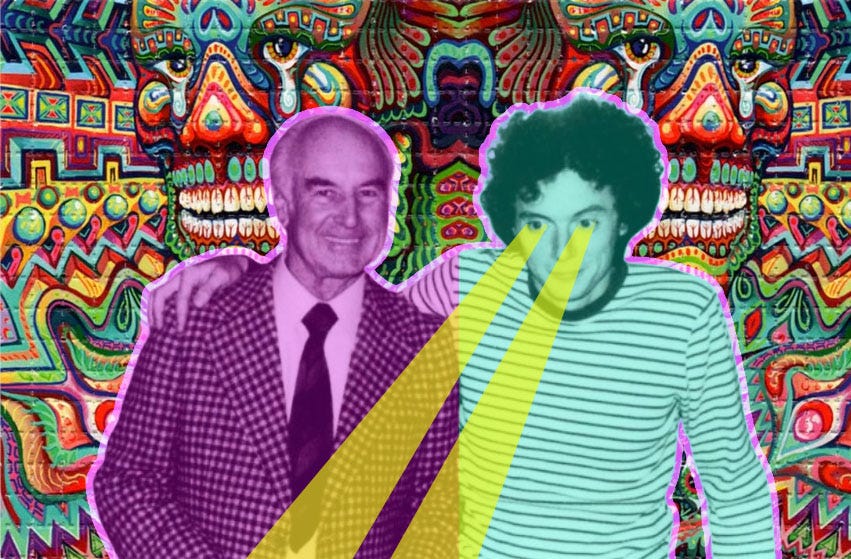Death of a Pharmacopolitical Refugee
In Memoriam Jonathon Ott, writer, chemist, and pillar of 20th century psychedelics
To most, Jonathon Ott was little more than an apparition, a man more talked about that seen. Adherents of counterculture, however, recognize Ott as a pioneer of 20th century psychedelic science and culture, a man who embodied a radicalism achieved through experience and experimentation.
Born in Hartford, Connecticut, on January 6 1949, Ott gravitated early toward botany, chemistry and languages, disciplines that later merged in his field expeditions across Meso-america and the Amazon. By the mid-1970s he was already publishing technical guides to North American hallucinogenic plants, honing the meticulous scholarship that would define his career.
Scholar of the sacred
Ott helped coin the word “entheogen” in 1979, preferring it to the sensationalism attached to “psychedelic.” His magnum opus, Pharmacotheon (1993), catalogued more than a thousand psychoactive species and set a new bar for rigor in ethnopharmacology. Subsequent volumes (Ayahuasca Analogues, Age of Entheogens, Shamanic Snuffs, e.g) extended his examination of plant sacraments and their cultural matrices.
Ott’s prose was matched by practice: self-experimentation and public lectures (Telluride Mushroom Festival among them) where he urged “applied psychonautics” as a path to both scientific insight and spiritual humility. He translated Albert Hofmann’s LSD: My Problem Child and co-edited Eleusis: Journal of Psychoactive Plants & Compounds, amplifying voices across languages and disciplines.
Passing and legacy
Ott admitted to journalist/chemist Hamilton Morris that despite years of pursuing psychoactive highs, he never had a visionary experience, which cast his devotion to ethnobotany as strangely pragmatic. He leaves an intellectual kinship that spans mycologists, chemists, shamans, and seekers—anyone who has ventured inward aided by the plants he so lovingly chronicled. His disciplined curiosity, audacious self-experiments and uncompromising demand for precision continue to guide contemporary psychedelic science.
Paying subscribers will read a lengthy email Ott sent to me back in 2014, which captures his political edge and intelligence. In addition to the email, we’ll hear recollections of Ott from his former colleague, Gordon Todd Skinner, who first encountered Ott in the early eighties and called him when he had achieved the first successful bioassay of Salvinorin-A.
Keep reading with a 7-day free trial
Subscribe to The Psychonaut Files to keep reading this post and get 7 days of free access to the full post archives.




